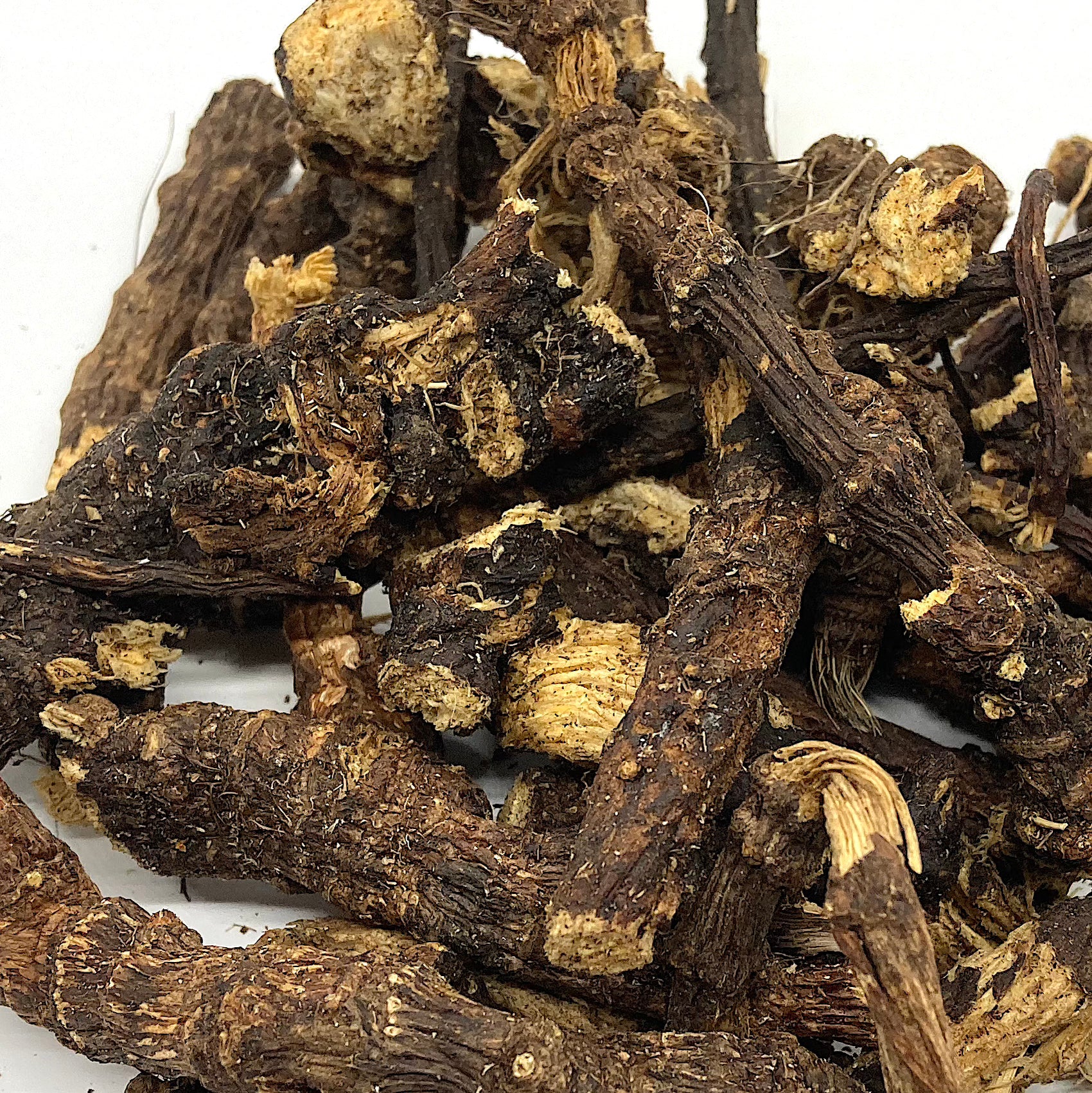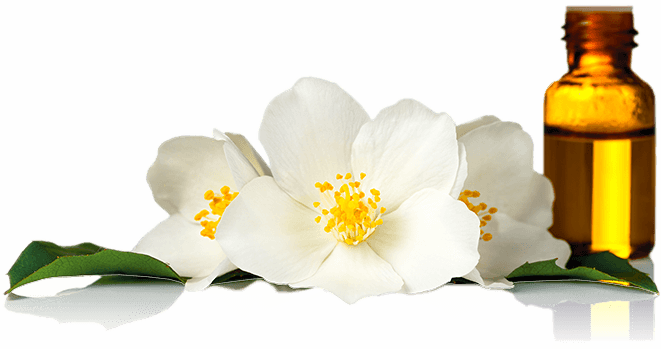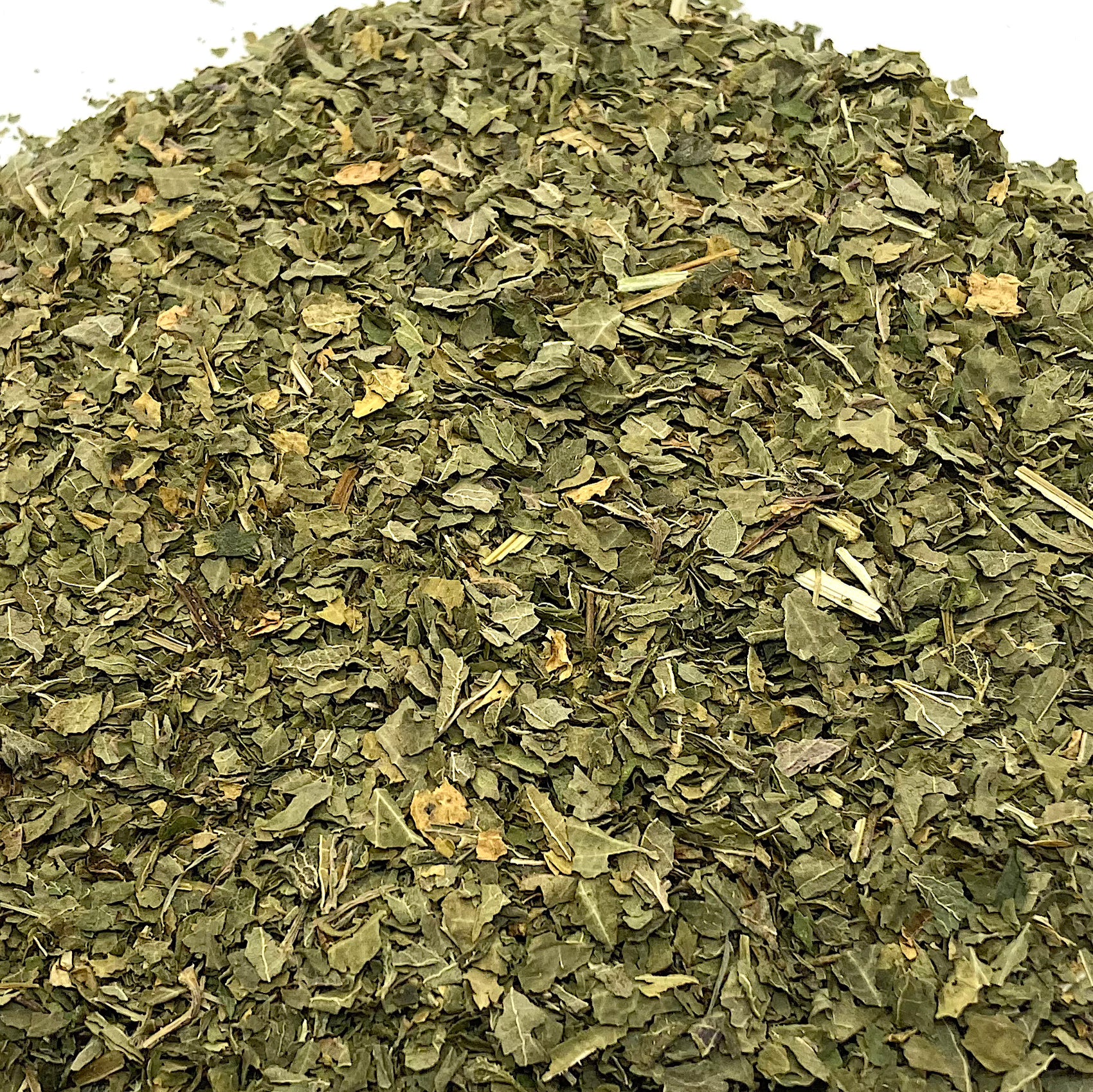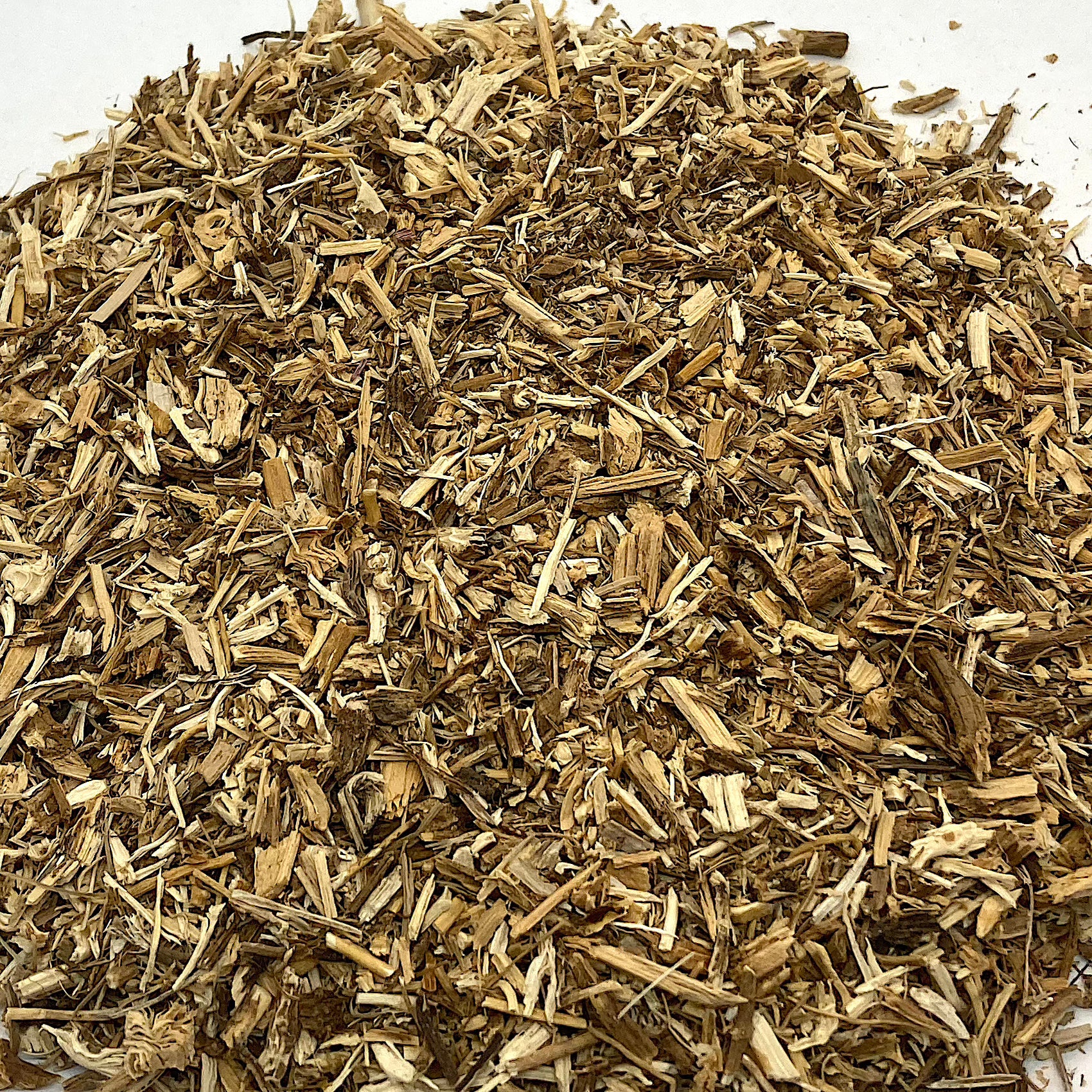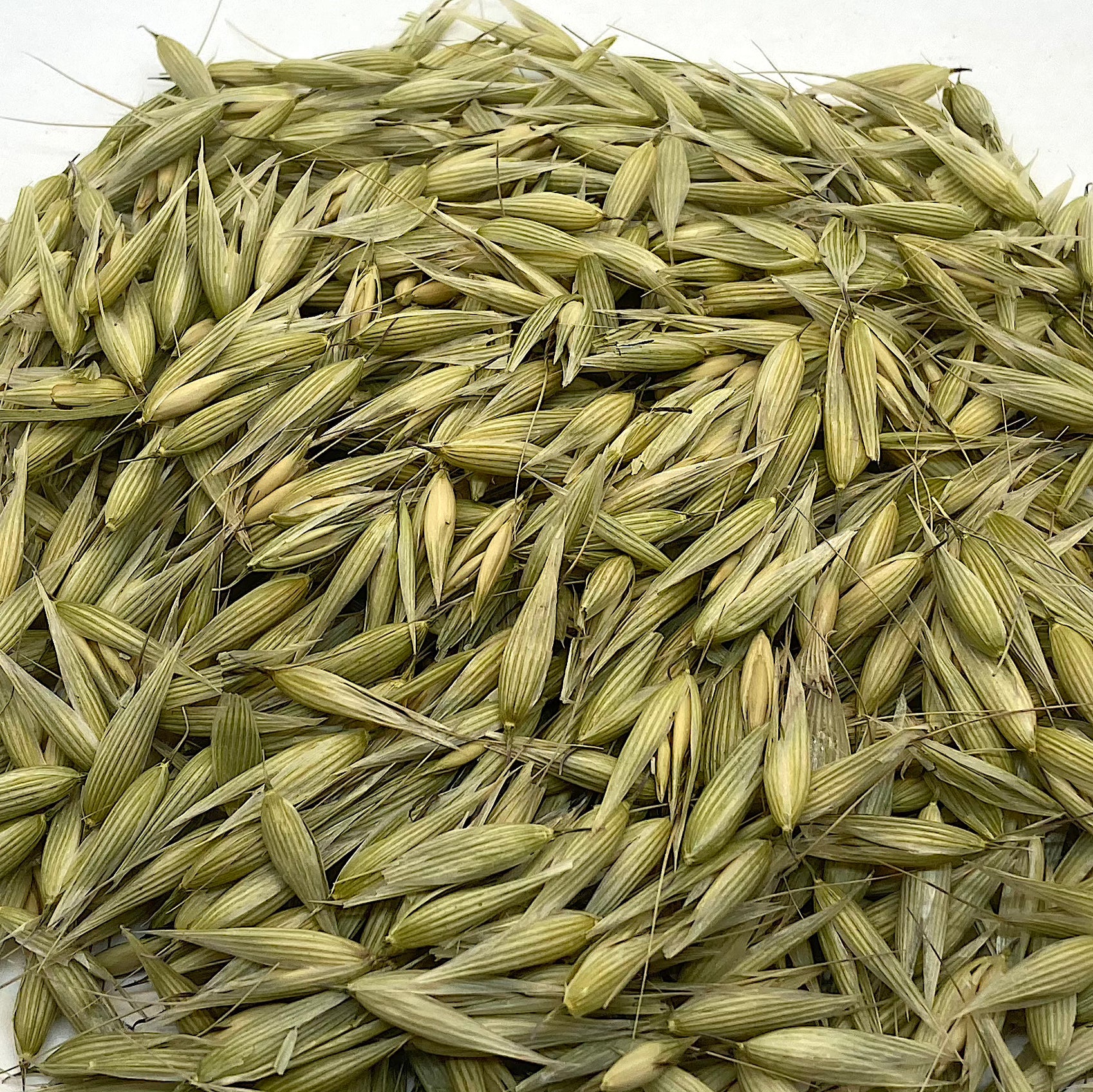Description
NEW MEXICO, USA. Oshá (Ligusticum porteri) Root, Wild Harvested
Common names: Porter's Lovage, Porter's Licorice Root, Loveroot, Bear Medicine, Colorado Cough Root, Indian Parsley, Wild Celery Root, Mountain Ginseng, Nipo, Empress of the Dark Forest, Perejil de Campo, Chuchupate, Guariaca, Yerba de Cochino, Washí, Ha’ich’idéé, Ha ‘Il Chii' Gah
Family: Apiaceae
We are honored to be able to offer this very special and hard to find root. Harvested in the mountains of New Mexico specifically for Em's Herbals, you can be sure this root was treated respectfully, with an eye on sustainability. We only offer a limited amount of this herb each year as it is harvested in the spring and dried for our customers.
Oshá is a perennial herb that grows up to 6 or 7 feet high, in high altitude forests in the Rocky Mountains, southwestern US, and northern Mexico.
Oshá Root has a long history of use in Native American healing. According to Paul Bergner, it has been used by Rocky Mountain tribes in much the same way as Indian groups in the Great Plains used Echinacea—an antimicrobial, antifungal, and immune modulating herb, a potent medicine for the early stages of colds and flus, inducing perspiration and quelling fever, and also an expectorant and bronchodilator for lingering coughs, bronchitis, pneumonia, and asthma.
A wonderfully aromatic medicine that many tribes burned as a purifying incense, Oshá is said to have an antihistamine action that makes it helpful for allergies and hay fever symptoms. It is valued by folk healers in Mexico for treating pain, digestive problems and ulcers, delayed menses, tuberculosis, diabetes, and arthritis.
Oshá Root contains volatile oils, glycosides, alkaloids, terpenes, phytosterols, saponins, ferric acid, and phthalides. For best results, we suggest chewing the root, preparing it as a tincture, or simmering it in water for several hours, adding more water as necessary.
Michael Moore’s advice for to making an Osha cough syrup: “Grind up the root, and steep in twice its volume of honey over low heat for an hour, then press out [the plant material] when it is partially cooled.” Oshá can be applied as a tea or tincture to wounds, scrapes, or herpes sores.
Oshá should be avoided during pregnancy or lactation.
*These statements have not been evaluated by the FDA. These products are not intended to diagnose, treat, cure or prevent any disease.

